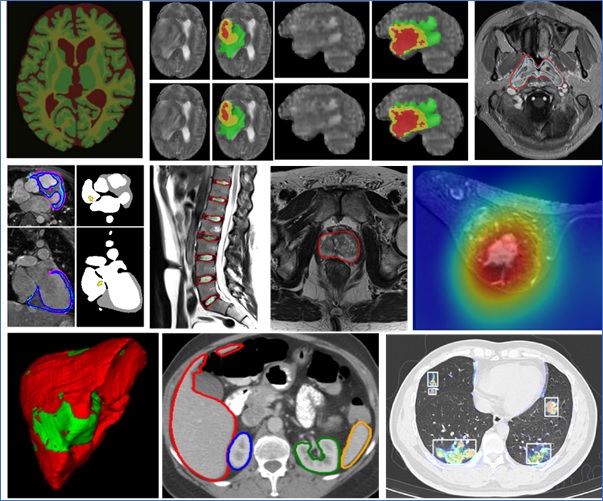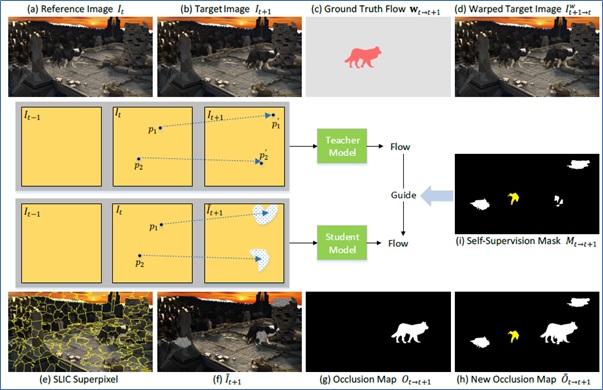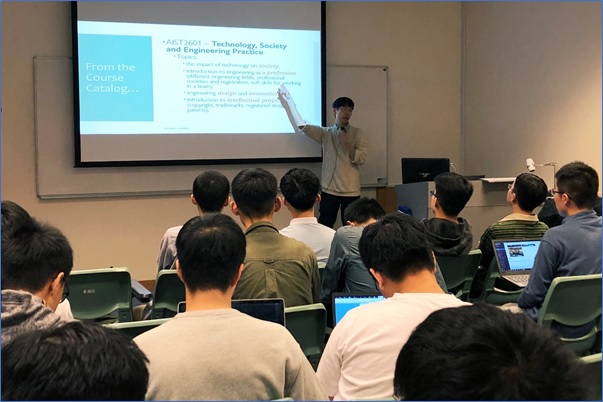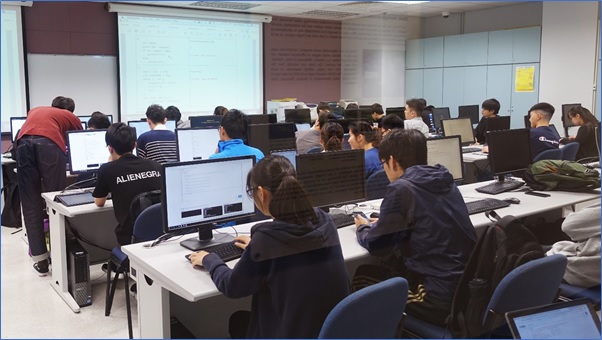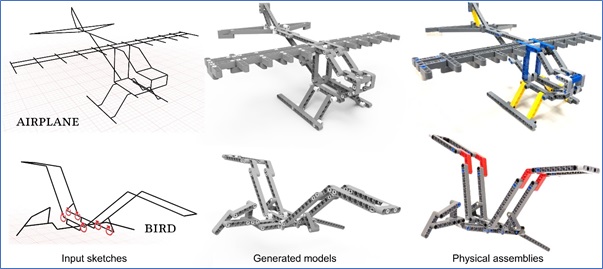| Sep 2020 Issue 14 | ||||||
 |
||||||
|
|
| CUE | |||
| The AIST Programme: Growing AI Talent Base | |||
|
Artificial Intelligence (AI) is an emerging engineering discipline that focuses on the technological innovations in enabling computing systems to behave and discover new knowledge with human-like intelligence. It is a broad area that covers many specializations, such as machine learning, deep learning, knowledge representation/inference, logic/constraint programming, human-computer interactions, natural language processing, big data analytics, etc. It has evolved in multiple disciplines, such as finance, medicine, manufacturing, robotics, multimedia, telecommunications, computational linguistics, etc., and there is now a huge demand of AI specialists in both local and global employment markets. On the other hand, AI imposes critical challenges on how to innovate and design solid and rigorous solutions for AI, as well as how to properly address the ethical and societal issues with AI. The AIST Programme The Department of Computer Science and Engineering of CUHK launches the Artificial Intelligence: Systems and Technologies (AIST) programme in 2019-20. It is the first bachelor of engineering programme in AI in Hong Kong, specifically designed to meet the tremendous need of well-trained talents in AI and related specializations. It aims to equip students with the capabilities of designing and implementing AI systems and technologies that can analyze, reason about, and infer knowledge from massive information, backed by rigorous foundations of mathematics, basic sciences, data structures, statistics, algorithms, distributed computing, etc. Such capabilities enable students to develop cutting-edge AI solutions that are of practical interest to the academia, industry and society. The AIST programme emphasizes on fundamental mathematics, sciences, theories, and complement the knowledge with practical systems skill sets. Four optional specialized streams are offered for students to choose according to their own interests:
Career Prospects There are keen demands for AI specialist in both the local and global labor markets. According to the Innovation and Technology Bureau, the HKSAR Government’s policies in innovation and technology such as re-industrialization, the expansion of the Science Park in Tseung Kwon O Industrial Estate, and the establishment of HK-Shenzhen Innovation and Technology Park in Lok Ma Chau Loop, are expected to create 50,000 jobs for people with knowledge and skills in high-end technologies. On the other hand, with reference to LinkedIn 2020 Emerging Jobs Report, AI specialist is the top among the 15 emerging jobs in USA, with annual growth of 74% in demand. Meanwhile, given the dynamic and ever-changing nature of AI, students can also further their studies in postgraduate programmes or participate in the research works. Some of our CSE faculties and postgraduates have gained renowned results for using AI techniques to develop projects like tumor screening, multimedia processing, and automated vehicles, etc. Research Interest Prof. Pheng Ann Heng and Prof. Qi Dou’s group conduct research at the intersection of AI and medical image analysis, with the mission to advance computational techniques for promoting precise, reliable and affordable vision-based disease diagnosis and robot-assisted intervention via machine intelligence. Recently upon COVID-19, their team, in close collaboration with the Department of Imaging and Interventional Radiology, have rapidly developed an AI system for automated detection of lung abnormalities in assisting patient management based on CT image interpretation. They have also conducted an international validation study to envision how AI can respond to global pandemic leveraging advanced digital health technologies. Prof. Pheng Ann Heng and Prof. Qi Dou’s group research on the use of AI in medical image analysis.
Mr. Hou Pong Chan and Prof. Irwin King’s group propose a dual-view neural network model that jointly learns to generate a summary and predicts a sentiment label for the input review.
Prof. Irwin King, Prof. Michael Lyu and their PhD student Mr. Pengpeng Liu work on the research on optical flow to describe the dense correspondence between two adjacent images, which has a wide range of applications in computer vision. They present a knowledge distillation based self-supervised learning approach to learn the flow. The approach trains a teacher model and a student model, where challenging transformations are applied to the input of the student model to generate hallucinated occlusions as well as less confident predictions. Confident predictions from the teacher model are then served as annotations to guide the student model to learn flow. The self-supervised training enables us to effectively learn flow of both non-occluded and occluded pixels from unlabeled data.
AIST programme website: www.cse.cuhk.edu.hk/aist
Department of Computer Science and Engineering
|
|||
|
|
|||
 |
|||
|
|
|||||||||||||||||||||||

